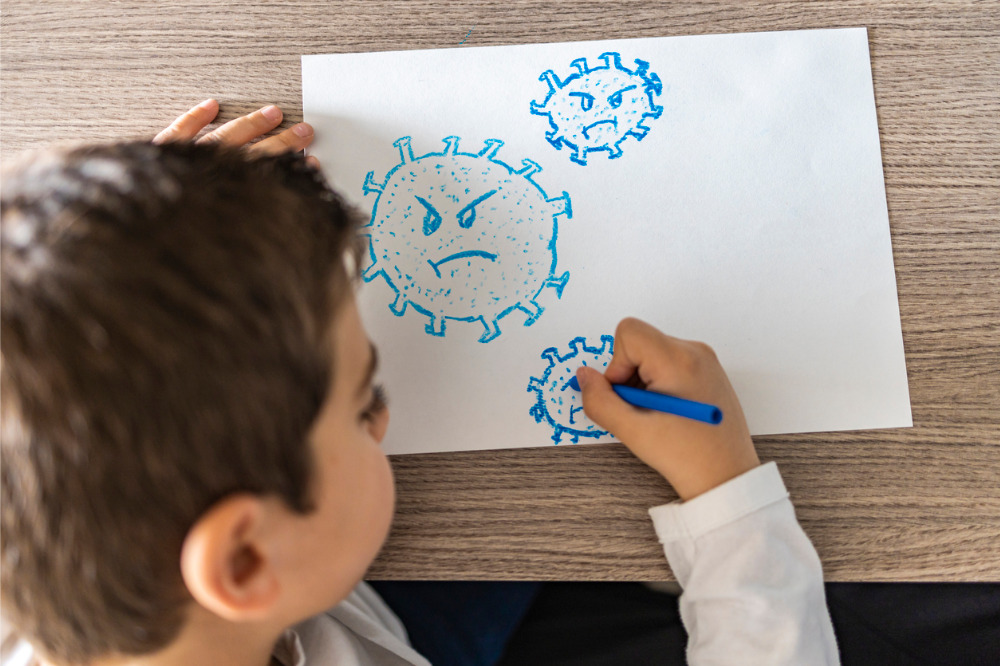
Sixty percent of young people surveyed in a global study said they considered an infectious disease to be a threat to the world’s future – more so than climate change.
The findings from the International Association for the Evaluation of Educational Achievement (IEA) come from the latest round of the International Civic and Citizenship Study (ICCS 2016).
IEA executive director, Dr Dirk Hastedt, said that as with all IEA studies, ICCS doesn’t just measure student’s knowledge, it also collects data about attitudes and engagement, including student views on what they see as the main threats to humanity.
“When we asked the 13/14 year old students in 2016, whether they thought that infectious disease was a threat to the world’s future, almost 60% of students said that they thought it was ‘to a large extent’, with an additional 26% saying that they thought it was ‘to a moderate extent’,” he said.
“What I find particularly fascinating are the differences between regions, with an average of 67% expressing a fear of infectious disease across Latin American countries, versus just 39% in Nordic counties”.
He said other researchers may well be interested in exploring any links between these findings, and attitudes towards health and healthcare in different parts of the world.
“This is of great importance at a time when the world grapples to find a global response to the coronavirus crisis,” he said.
“A unique quality of ICCS is that it highlights the importance of civic and citizenship education; a cross-curricular subject that sometimes gets forgotten about”.
Hastedt pointed out that between the 2009 and 2016 cycles, the IEA saw an increase in young people reporting that they took part in activities to help their communities.
“I hope that when we see the ICCS 2022 cycle results, this trend has continued, boosted by people, young and old, pulling together during this crisis,” he said.


